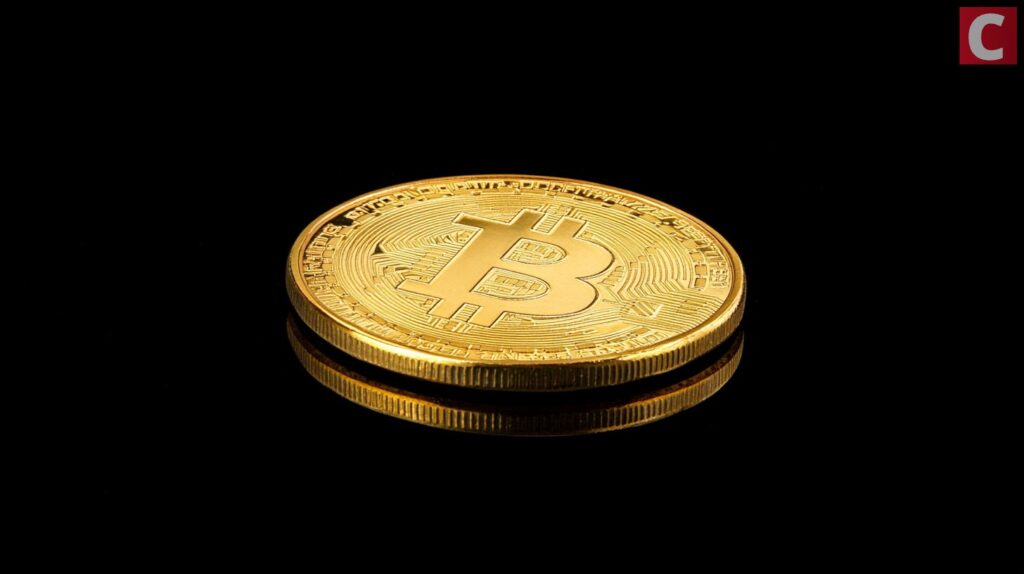Key notes
- The New Hampshire House Bill 302 allows the state to invest up to 10% of its funds in cryptocurrencies like Bitcoin.
- The bill was adopted by the second senatorial committee with a vote of 4-1 and will now go to the full Senate.
- Critics argue that the bill could affect the financial management of the state, while supporters see a potential for high yields.
The New Hampshire Senate is considering Bill 302, which would allow the State to incorporate precious metals and cryptocurrencies such as bitcoin in its financial strategy. The bill adopted the second senatorial committee and is planned for a full vote in the Senate.
In the event of success, the treasurer of the state of New Hampshire will be able to sell part of the resources, from traditional financial options to digital assets and precious metals. The proposed law would allow the State Treasury to invest up to 10% of its cryptocurrency funds, but only assets with a market capitalization of more than $ 500 billion, like Bitcoin, would qualify.
The bill began its trip in January to the Chamber Commerce and Consumer Affairs Committee, which voted in favor of it with 16 to 1 vote. He moved to the house completed on April 10, where she went with a vote of 192-179. The second committee of the Senate examined Bill 302 of the Chamber on April 23 and approved it with a 4-1 vote. If the complete Senate approves, he will then go to the Governor for final approval.
🇺🇸 Update of the State reserve race:
The New Hampshire Bitcoin Reserve Bill HB 302 adopted the Senate Ways & Means committee, by a 4-1 vote. pic.twitter.com/pkjlyy8epo
– Bitcoin Laws (@bitcoin_laws) April 24, 2025
Two sides of the room
Although Bill 302 has adopted several votes, some, including Democratic Terry Spahr, think that the bill should not have been taken into consideration. Spahr argues that the state treasurer already has the power to manage state finances, and that the bill could have an impact on the assets of digital assets of New Hampshire.
On the other hand, the republican representative Jordan Ulery believes that investment in cryptocurrency could benefit the Treasury of the State by generating significant yields.
Other cryptographic policies are also being examined, in particular as Bill 302 progresses. The bills of Chamber 310 and 639 focus on stablecoins, real assets tokenized and the blockchain regulations, respectively.
On another note, Illinois has progressed with its law on digital assets and consumer protection, which aims to fight against scams and fraud in cryptographic space.
Meanwhile, international developments also shape the cryptographic landscape. In South Korea, for example, the presidential candidate Hong Joon-Pyo pleads for the deregulation and growth of blockchain, aligns his broader vision of stimulating innovation thanks to disturbing technologies such as blockchain, AI and quantum IT.
following
Non-liability clause: Coinspeaker undertakes to provide impartial and transparent reports. This article aims to provide precise and timely information, but should not be considered as financial or investment advice. Since market conditions can change quickly, we encourage you to check the information for yourself and consult a professional before making decisions according to this content.

Rose is a writer of cryptographic content with solid experience in finance and technology. It simplifies complex blockchain and cryptocurrency subjects, offering insightful articles and market analysis to help readers sail in the evolving cryptography landscape.
Rose Nnamdi on Linkedin




